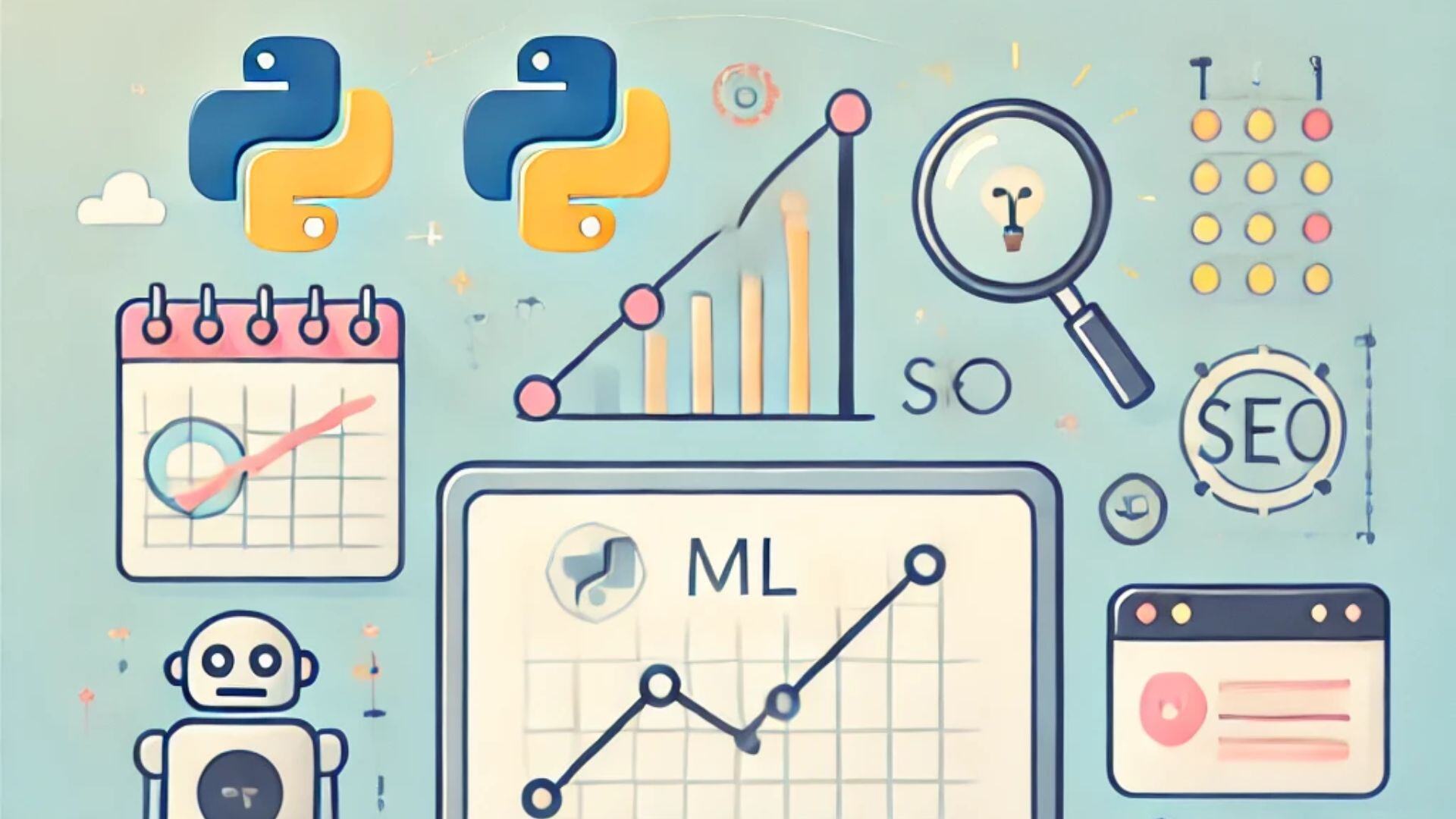
Digital marketing has always been about creativity, storytelling, and engaging customers. But in today’s world, that’s not enough. Marketing is data-driven, automated, and AI-powered—and if you don’t understand how to harness that, you risk falling behind.
That’s where Python and Machine Learning come in. They might sound technical, but learning even the basics can transform how you approach marketing.
Why Should Digital Marketers Care About Python & ML?
Marketing Runs on Data—Python Makes Sense of It
Every marketing campaign generates a flood of data—click-through rates, customer behaviors, engagement metrics. Instead of manually sifting through spreadsheets, Python can analyze trends, segment customers, and generate insights automatically.
Tools like the Google Analytics API integrate seamlessly with Python, helping marketers quickly extract useful data and make smarter decisions. Python has become a top programming language for non-coders because of its simplicity.
Machine Learning Can Predict Customer Behavior
What if you could predict which leads will convert before they even fill out a form? Or understand exactly which customers are at risk of churning? Machine learning can do that. By analyzing past behaviors, ML can help optimize campaigns, adjust messaging, and improve ROI.
Companies like Google have made AI accessible with tools like Google’s AutoML, which lets marketers use ML models without needing to be data scientists. And if you’re curious about how machine learning works at a broader level, this Wikipedia article is a great place to start.
Automate Tedious Marketing Tasks
Let’s be honest—marketing involves a lot of repetitive tasks. Think about reporting, customer sentiment analysis, or lead tagging. Python can automate all of that, saving you time to focus on more strategic work.
For example, Python scripts can pull social media engagement data, analyze customer reviews, and even automate A/B testing reports. This kind of automation doesn’t just save time—it makes marketing efforts more precise and efficient. If you want to see Python in action for SEO and automation, Real Python’s guide is a great resource.
Python Supercharges SEO & Web Scraping
SEO professionals spend hours tracking keyword rankings, analyzing backlinks, and researching competitors. But Python can do all of that in minutes. With tools like Scrapy and BeautifulSoup, you can scrape Google results, monitor keyword shifts, and optimize content based on search trends.
There’s a great SEO-focused guide on Moz that explains how marketers can use Python to boost rankings. If you’re interested in web scraping, Scrapy’s website provides everything you need to get started.
Better Ad Targeting & Real-Time Optimization
Have you ever wished your ads could adjust themselves automatically based on performance? With Python and ML, they can. By integrating Python with the Google Ads API, you can create smarter bidding strategies, adjust ad creatives dynamically, and optimize campaigns in real time.
This means less wasted ad spend, higher conversion rates, and better ROAS. And let’s be real—who doesn’t want that?
Where Can You Learn Python & ML for Marketing?
If all this sounds exciting but a little overwhelming, don’t worry—there are plenty of beginner-friendly resources available. Courses like Coursera’s Python for Data Science or Udacity’s AI for Marketing provide structured learning paths.
For those who want hands-on experience, platforms like Kaggle offer interactive coding challenges specifically for marketers. And if you’re looking for industry insights, blogs like HubSpot’s AI Marketing section regularly cover AI’s impact on digital marketing.
Are You Ready for the Future of Marketing?
Marketing isn’t just about intuition anymore—it’s about data, automation, and prediction. Python and ML give marketers the tools to stay ahead of the competition and drive real, measurable results.
So the question isn’t if you should learn Python and ML—it’s how soon can you start?
Business Hub